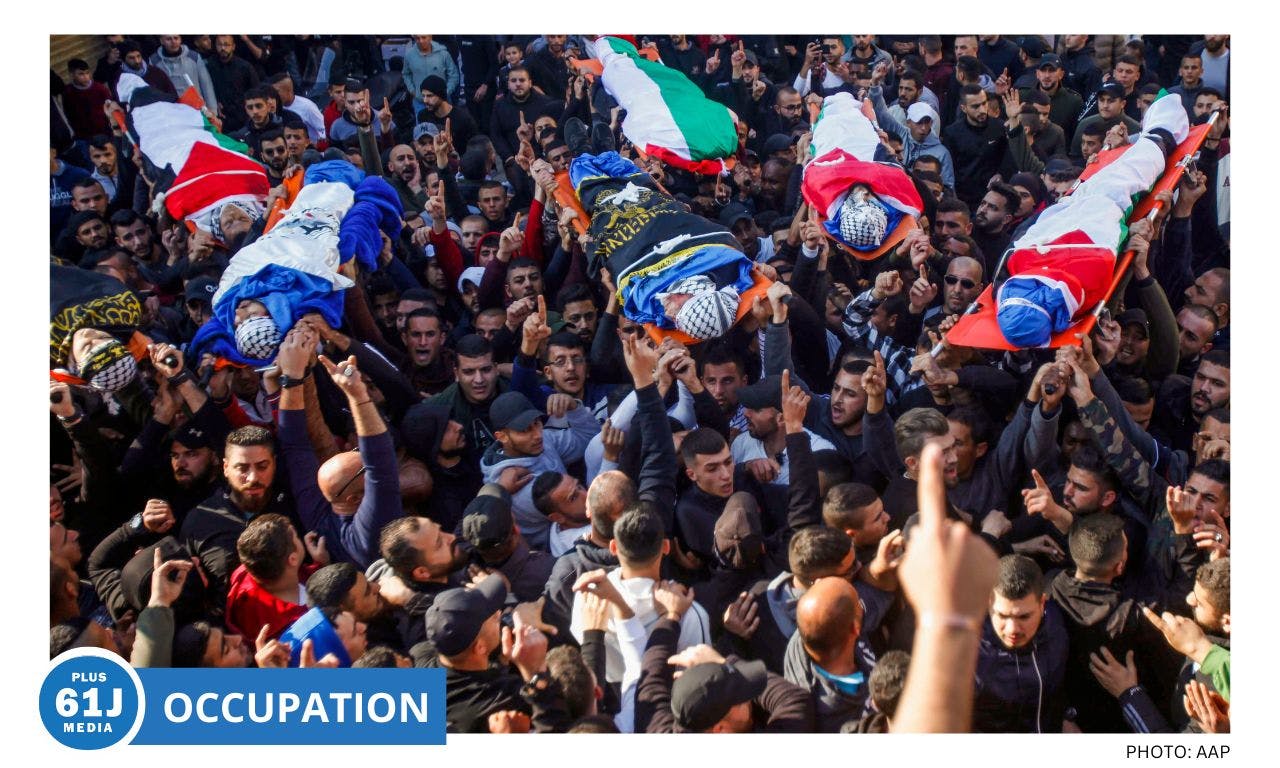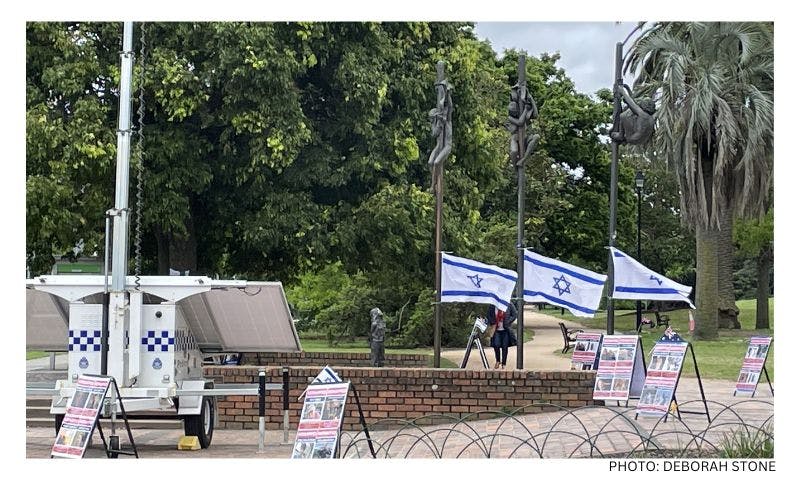Published: 2 November 2020
Last updated: 4 March 2024
IT’S A BIZARRE FEELING recovering from jetlag in your own home after going nowhere. But that’s the feeling about two dozen Australians experienced last month as we recovered from our nocturnal involvement in the 38th World Zionist Congress, held online for the first time.
The virtual nature of the event wasn’t the only thing differentiating this Congress from previous ones. The attempted takeover of the conference by far-right and ultra-Orthodox groups, including the new Eretz Hakodesh party, marked an unprecedented struggle for the most basic justice and equality within key Zionist institutions.
I attended the Congress as the Australian delegate for the World Union of Meretz organisation (the umbrella organisation for branches of the Meretz party around the world). The Congress elects the leadership of the WZO, KKL-JNF, and Keren Hayesod-UIA, and debates ideological and logistical resolutions informing the operations of those three organisations.
Over the course of this Congress, it became increasingly clear that this one was less about coming together for the “greater good” of Israel and the Jewish people and more about the Zionist far-right trying to strong arm its way into the leadership of organisations with large budgets that wield influence over the Knesset, and peak Diaspora bodies.
During past Congresses, the progressive, centre-left bloc enjoyed a majority with groups from the left like Meretz, centre-left like Avoda (Labour), and the progressive Reform movement (ARZA), uniting against the increasing power of Likud and the Orthodox and ultra-Orthodox movements.
This coalition routinely came together to protest moves to allow state-funded activities to be conducted beyond the Green Line that demarcates the West Bank, and to support moves towards more civil liberties within Israel, among other important causes. However, this Congress saw right-wing interests hold a majority of seven delegates out of a total of 521 delegates.
For the various positions of these organisations to be filled, an agreement needed to be reached by each of the parties. In the end, after protracted negotiations, the Right maintained their majority across key executive positions among the organisation, in a frustrating but ultimately unsurprising outcome.
It became increasingly clear that this Congress was less about coming together for the “greater good” of Israel and the Jewish people and more about the Zionist far-right trying to strong arm its way into the leadership of Diaspora bodies.
It was not just the progressive groups who felt aggrieved. Steven Lowy, the chair of the World Board of Trustees of KH-UIA, wrote in a letter to his members after the Congress: “we were shocked and appalled at how unprofessionally the process was concluded and that those negotiating with us reneged on what was unequivocally agreed between us.”
Lowy was referring to the Congress’s decision to oust the incumbent UIA chair Sam Grundwerg after six months, and replace him with senior Likud figure, Yaakov Hagoel, withthe chair portfolio of the KKL will be split between Mizrachi and Likud. Lowy publicly indicated that KH-UIA would not respect this outcome, in a reflection of his grievance and the profound power these roles have in influencing government policy, Diaspora affairs and socio-cultural trends.
In other outcomes, the centrist Yesh Atid party has some control over internal committees while Avoda/Labour has taken the position of CEO of the Jewish Agency.
While it’s easy to celebrate the wins of the left and centre-left in this regard, it’s also important to keep in mind that they only came after week-long struggles at the top levels of Jewish community leadership around the world.
Midnight Zoom calls, frantically formulated letters to the Prime Minister and urgent calls to action on social media from the centre-left parties point to the increasing political and religious polarisation in Israel, the US and across the rest of the Diaspora, and the importance of what is at stake now.
Without the hard-fought successes gained by the leadership of left and centre-left parties in the Congress, it’s possible that millions would have been invested in Jewish life and culture across the West Bank, or even an official curriculum on Jewish ‘indigeneity’ in Israel being implemented on college campuses around the world, which was on the table in one of the Congress committee meetings.
For those of us on the Left, and those of us young people not yet entirely broken by the world, engaging with these institutions can be fraught – they are hugely influential quasi-government bodies that can sway key government policy decisions and decide which Jewish voices and practices are legitimate.
It was not just the progressive groups who felt aggrieved. Steven Lowy, the chair of the World Board of Trustees of KH-UIA, wrote in a letter to his members: “we were shocked and appalled at how unprofessionally the process was concluded.
However, considering the speed and intensity with which the right-wing establishments in Israel and the US are organising to stack and manipulate these forums, there is a pressing need for loud, leftist voices to counter the legitimisation of conservative, repressive values as the norm.
Spurred on by Trump and Netanyahu, the right and far-right in the Zionist world will continue to do everything possible to allocate yet more money and resources to supporting the expansion of settlements, reversing or entirely quashing attempts to diversify religious expression in Israel, and to cater to only ‘acceptable’ youth organisations in the Diaspora.
This Congress, complicated even further by outdated technology and the chaos of communicating with almost a thousand people in almost as many languages online, exemplified this fight. For now, we simply don’t have time to wait until these institutions reform themselves into independent organisations that cater for all Jews and exist separate to the madness of the Knesset.
It’s essential that we engage in organisations like the World Union of Meretz with a passionate base of members around the world who do this type of work daily. We know that times like these call for unified, gutsy grassroots activism more than ever, because things are only going to get more difficult if we don’t.
READ MORE
YIZHAR HESS: The real drama these days - the Zionist movement almost split (Haaretz)
‘Who needs so many Arabs?’ meet the man tasked with improving Israel’s ties with the Jewish Diaspora (Haaretz)
Jacques Kupfer has called for the annexation of the West Bank and the Gaza Strip, and often refers to the former US president as ‘Hussein’ Obama. He’s about to be confirmed to a key position at the WZO




